The fragrance of places we have not known
Sean Coughlin
Abstract: In this session, we will explore the ‘Oriental’ family of commercial fragrances of the 20th and 21st centuries. We will smell and see our way back to some of its ancestors in ancient Mediterranean representations of ‘the east’; and we will look at how the reception of these representations have fed back into and biased our understanding of the flora and fragrances of the past. Until recently, ‘Oriental’ has been used in commercial perfumery to classify a family of fragrances that includes (among others) cinnamon and cassia, cardamom and clove, frankincense and myrrh. For many in the industry, it has become increasingly obvious that this family differs from other commercially recognized ones: families, like ‘floral,’ ‘fresh’ and ‘woody.’ These families classify according to sensory experience (summer gardens, freshly cut grass, mossy branches); ‘oriental’ recalls no such experience. Instead, ‘oriental’ is the fragrance of a fantasy marketplace of exotic spices. The implicit Eurocentrism of the term has led perfumers and olfactory taxonomists to replace it with ‘amber;’ yet, despite the change in name, the family remains largely the same and so continues to offer a whiff of what ‘oriental’ means when applied to fragrance, how it relates to past representations of eastern lands, and how our own experience of this idealized marketplace has been read back into Greek and Latin (and even Egyptian) literature.
Place: Cardiff University / Online via zoom
Date: Friday 9 September 2022
Time: 14:30 CEST / 13:30 BST
Part of I’m Your Venus: The Reception of Antiquity in Modern Cosmetic Advertising and Marketing
Organized by Laurence Totelin (Cardiff) and Jane Draycott (Glasgow)
7–9 September 2022
Cardiff University and online via Zoom

